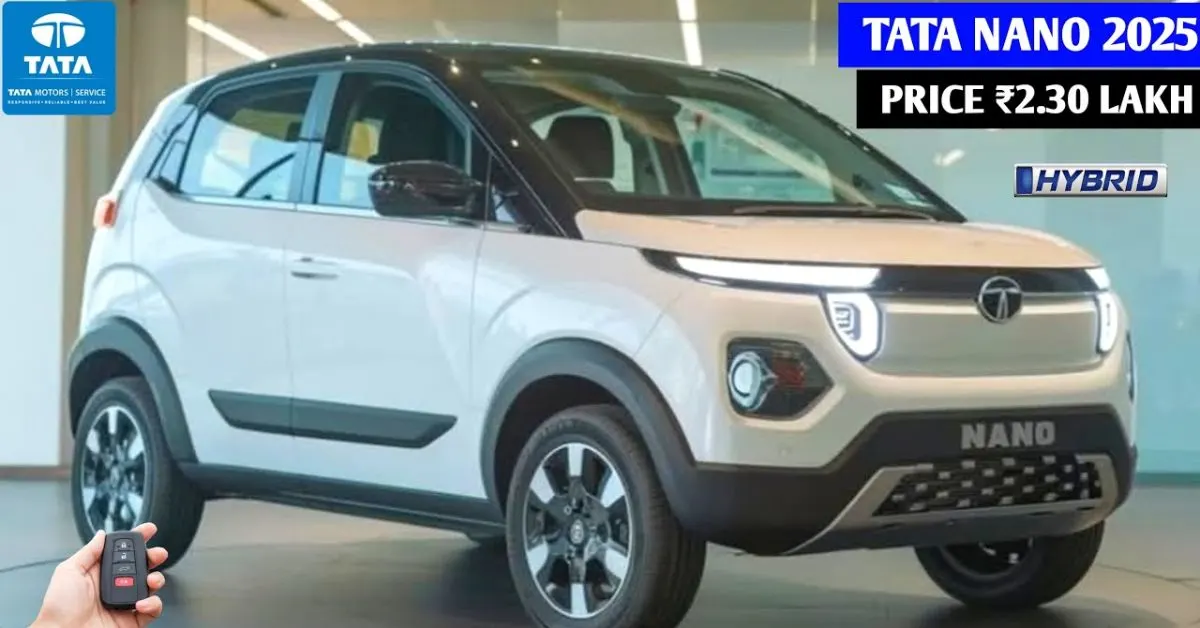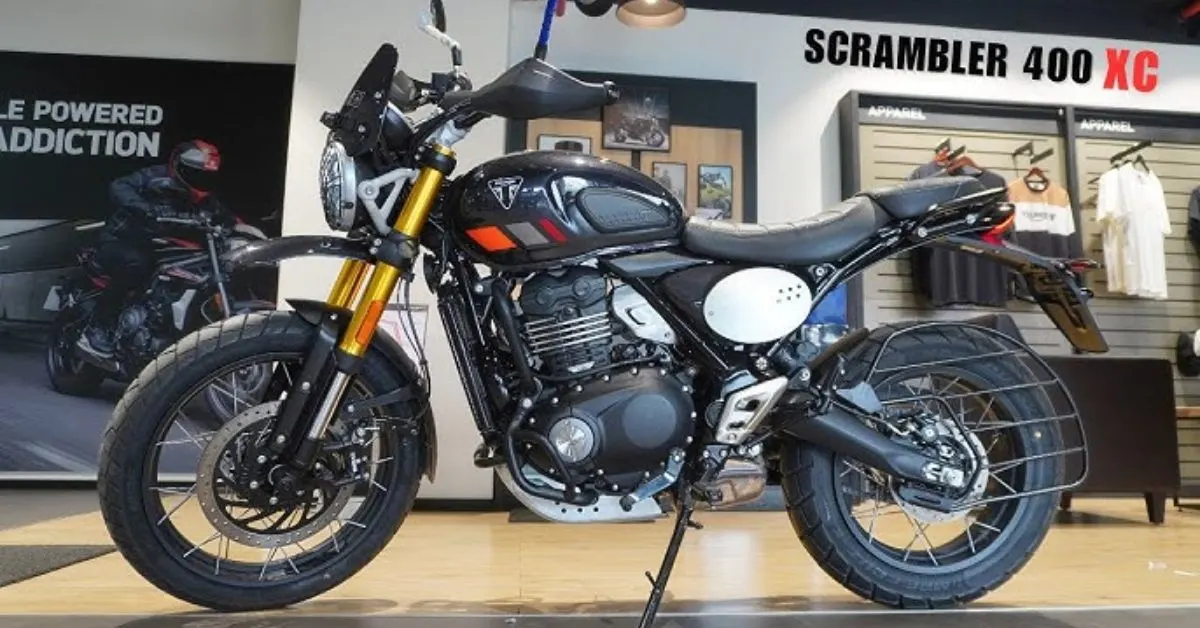Can You Trade in a Financed Car: Trading in a car is one of the easiest ways to switch vehicles, but things can feel more complicated when your car is still financed. Many drivers in the U.S. wonder: can you trade in a financed car, and if so, how does it work?
The short answer is yes, you can. However, the process involves more than just handing over your keys. When a loan is still attached to your car, the dealership and lender have to work together to make sure the loan is paid off. Depending on your car’s value and the loan balance, you could either walk away with money toward your next car or end up still owing money even after the trade.

In this article, we’ll break down how trading in a financed car really works, the steps involved, the risks you should watch for, and tips for making the best financial choice. By the end, you’ll know exactly what to expect before walking into a dealership.
How Trading in a Financed Car Works
When you finance a car, you’re essentially borrowing money from a lender (such as a bank, credit union, or dealership) to purchase the vehicle. The lender technically holds the title until the loan is fully paid off. That means if you want to trade in your car before finishing the payments, the loan needs to be settled first.

Here’s how the process typically works:
- Determine your payoff amount – Contact your lender to find out the exact balance you still owe on your auto loan. This figure is often slightly higher than the remaining balance shown on your last statement because it includes interest.
- Get the car’s trade-in value – Dealerships will appraise your vehicle to determine its current market worth. You can also research this yourself on sites like Kelley Blue Book or Edmunds to have an idea of the fair value.
- Compare trade-in value and loan payoff – If your car is worth more than you owe, the difference (equity) can be applied toward your next car purchase. If it’s worth less, you have what’s called “negative equity,” which means you still owe money after trading it in.
- The dealer pays off the lender – Once you agree to the trade, the dealer will send payment directly to your lender to pay off the remaining loan.
Dear All,
— Cars Nation (@Carsnationn) May 10, 2025
Our Bidding Account Is Officially Open We Can Help You Buy Your Dream Car From Abroad At Affordable Price And Our Company Won’t Add Any Commission To The Price Of A Car
Our Only Company Charges Are $300 And Bank Transfer Charges
All Invoice Etc Of Your Payment Will… pic.twitter.com/rD3jIUfxoy
The key thing to remember: you don’t need to fully own your car before trading it in, but you do need to account for whether you have equity or negative equity in the vehicle.
Positive vs. Negative Equity: What It Means for You
Equity is the biggest factor in deciding if trading in your financed car is a smart move.
read more: A Rip City Homecoming: Damian Lillard’s Shocking Return to Portland Ignites NBA Landscape
- Positive equity happens when your car is worth more than the loan balance. For example, if you owe $8,000 on your loan but the dealership values your car at $12,000, you have $4,000 in equity. That money can go directly toward the down payment on your next car, making the trade smooth and financially smart.
- Negative equity (sometimes called “upside down” on your loan) happens when your car’s value is less than the loan balance. For instance, if you owe $15,000 but your car’s trade-in value is only $10,000, you’ll still owe $5,000 after the trade. In this case, the dealer may roll that remaining balance into your new loan, but that means you’re paying off two cars at once—your old one and your new one—on a single loan.
While rolling over negative equity is common, it isn’t always the best choice. It can leave you owing more than your new car is worth from day one, which makes it harder to trade or sell in the future. Many financial experts recommend paying down your current loan or making a large down payment if you’re upside down, instead of jumping straight into another loan.

Steps to Take Before Trading in a Financed Car
Before you head to the dealership, it’s important to prepare. Trading in a financed car is possible, but the outcome depends heavily on your planning. Here’s what you should do:
- Check your loan balance – Call your lender for the payoff quote. This number is usually valid for a limited time, often 10 days.
- Know your car’s value – Use online tools like Kelley Blue Book, NADA Guides, or Edmunds to get an estimate. These values may be higher than what a dealer offers, but they help you understand your negotiating power.
- Consider selling privately – Sometimes, selling your car directly to another buyer can get you more money than trading in. This can be especially helpful if you’re dealing with negative equity.
- Shop around at multiple dealerships – Don’t accept the first offer. Different dealerships may appraise your car differently.
- Understand your new loan – If you decide to roll over negative equity, calculate how much extra it will cost you in interest over the life of the new loan.
Taking these steps helps you stay in control of the deal. Dealerships make the process look simple, but without preparation, you may end up paying far more in the long run.

Risks and Things to Watch Out For
Trading in a financed car isn’t always the best option, especially if you have a lot of negative equity. Here are some risks to watch out for:
- Rolling over debt – While it feels easy in the moment, adding your old loan balance to a new loan can keep you trapped in debt for years.
- Higher monthly payments – With negative equity, your new payment may end up higher than expected.
- Depreciation on your new car – New cars lose value quickly, which means if you already start upside down, you’ll sink deeper into negative equity.
- Hidden fees – Some dealerships may include processing or payoff fees when handling a financed trade-in. Always read the paperwork carefully.
- Credit impact – If the dealer delays paying off your old loan, it could show up as a late payment on your credit report. Stay on top of communication until you know the loan is cleared.
To reduce these risks, make sure you understand every detail of the trade-in offer before signing anything. Ask the dealership for proof they’ve paid off your old loan, and don’t be afraid to walk away if the deal doesn’t feel right.
Tips for Making the Best Decision
If you’re still unsure whether trading in a financed car makes sense for you, here are some tips:
- If you have positive equity, trading in is usually a smart financial move. It reduces your next loan and can help you get into a newer, more reliable car.
- If you have negative equity, weigh your options carefully. It may be better to wait, pay down more of your loan, or sell privately to minimize your losses.
- Always compare dealership trade-in offers with private sale opportunities. The extra effort could save you thousands.
- Think long-term. Ask yourself not just “Can I afford the monthly payment?” but “Will this loan still make sense two or three years from now?”
The best decision depends on your financial situation, the car’s value, and your future goals. For some people, trading in makes sense immediately. For others, patience pays off.
Frequently Asked Questions (FAQ)
1. Can I trade in my car if I still owe money on it?
Yes, you can. The dealership will pay off your lender as part of the trade-in process, but whether you owe or gain money depends on your equity.
2. What happens if I owe more than my car is worth?
That’s called negative equity. You’ll need to either pay the difference out of pocket or roll it into your new loan.
3. Will trading in a financed car hurt my credit?
Not directly. However, if the dealer delays paying off your loan and it shows up as late, it could affect your score. Always confirm the payoff with your lender.
4. Is it better to sell my car privately instead of trading it in?
In many cases, yes. Private sales usually bring in more money, which can help if you’re dealing with negative equity.
5. Can I trade in a leased car?
Yes, but the process is slightly different. You’ll need to check your lease agreement and payoff details with your leasing company before trading in.
Final Word: You can trade in a financed car, but the outcome depends on your equity and financial situation. If you plan carefully, research your car’s value, and understand the payoff process, trading in can be a smart way to upgrade your vehicle. However, if you’re upside down on your loan, it’s often best to hold off until you’re in a stronger financial position.









